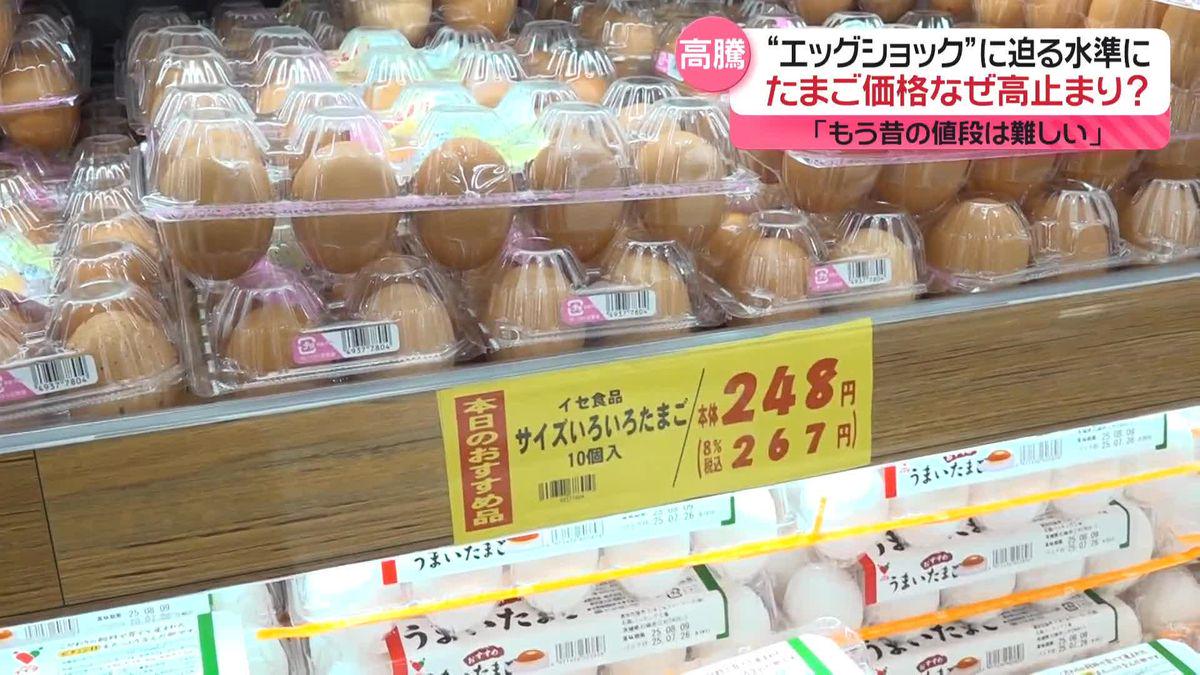
Egg prices in Japan remain high, even though the supply has mostly recovered. At specialty restaurants like TKG (Tamago Kake Gohan, or raw egg over rice), egg prices have gone up by about 1.5 times since last year. While customers still come, shop owners say they didn’t expect prices to rise this much.
As of August 1, medium-sized eggs in Tokyo wholesale markets cost 315 yen per kilo—lower than last year’s record “egg shock” but still over 300 yen. Some supermarkets now sell mixed-size packs for 267 yen to keep things affordable. However, many eggs are smaller than usual this year.
The extreme summer heat is making chickens eat less, which leads to smaller eggs and thinner or softer shells. At farms in places like Ibaraki, they’ve installed cooling systems, but it’s hard to keep large chicken houses cool. Some chickens are clearly struggling in the heat.
A farmer explained that although egg production numbers are returning to normal after last year’s bird flu crisis, prices likely won’t return to pre-inflation levels. Rising costs for feed, labor, and materials mean current prices are likely here to stay.
In short, while eggs are no longer in short supply, extreme heat and rising costs are keeping prices high—and this tough situation may continue.
by MagazineKey4532
